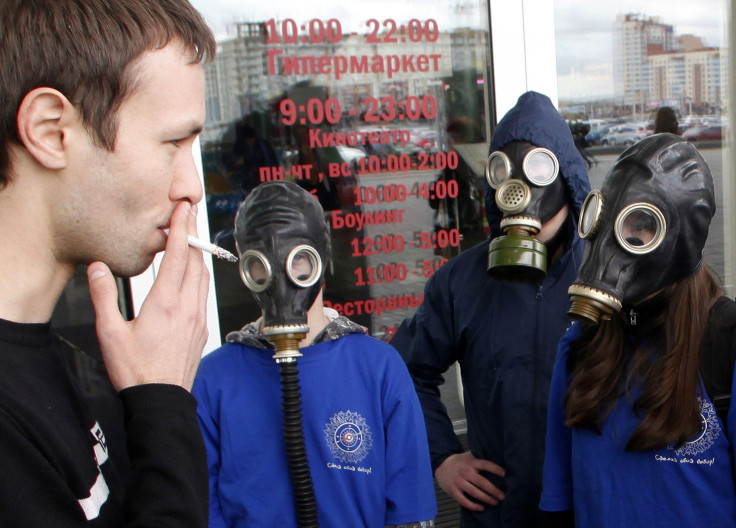Cold Turkey Is The Best Way To Quit Smoking; Other Smoking Cessation Methods Don't Last Long

Going cold turkey to kick a heroin addiction is never recommended, trust me. At the very best, you endure over seven days of agony and suffering. At the very worst, you die. Nicotine is a different story.
Researchers from the University of Oxford recently conducted a study that compared the two options every smoker has for quitting: the gradual method or the immediate one. Their findings show that going cold turkey is the best way to stop for good.
According to the Centers for Disease Control and Prevention, around seven out of every 10 smokers in the United States said that they wanted to quit smoking for good in 2010. Although there are now more former smokers in the U.S. than current smokers, cessation is difficult and often requires several attempts.
Among all the techniques that help smokers quit, going cold turkey seems to be the most favorable. That does not mean waking up one day and making the quick decision to throw your cigarette pack in the garbage, however. Paradoxical as it sounds, quitting abruptly actually takes some planning: First, you have to pick a specific date to stop. Then, when the day comes, you stop.
A research team led by Dr. Nicola Lindson-Hawley recruited 697 adult smokers and randomly assigned them to two groups. The first was asked to quit smoking immediately by choosing a quit date and stopping on that day. The second group was asked to gradually cut back before quitting completely. The research team checked in with the participants four weeks and then six months after the start of the study.
Each participant used nicotine replacement therapy before and after their quit date. They also received behavioral support from a nurse. Nearly half of the participants from the group that quit abruptly continued to abstain from smoking at four weeks compared to 40 percent of participants in the other group. Overall, participants who quit cold turkey were 25 percent more likely to stay smoke free in both the short and long term.
Kicking a nicotine habit leads to both immediate and long-lasting benefits. Circulation and lung function that were destroyed by years of smoking improve one to two weeks after quitting. A former smoker’s risk for coronary heart disease gets cut in half after a year and, after five years, so does his risk for mouth, throat, esophagus, and bladder cancers. Lastly, the risk for heart disease becomes equivalent to a nonsmoker’s after 15 years.
All smokers have their reasons to stop smoking, but they also have their reasons to start up again. Some don’t make it the first week due to withdrawal symptoms, stress, and weight gain. Others fall back into the habit due to a life-changing event like childbirth. Lindson-Hawley and her colleagues recommend quitters avoid the gradual route and just do it already.
Source: Aveyard P, Shinkins B, Michie S, West R, Banting M, Lindson-Hawley N. Gradual Versus Abrupt Smoking Cessation: A Randomized, Controlled Noninferiority Trial. Annals of Internal Medicine . 2016.



























